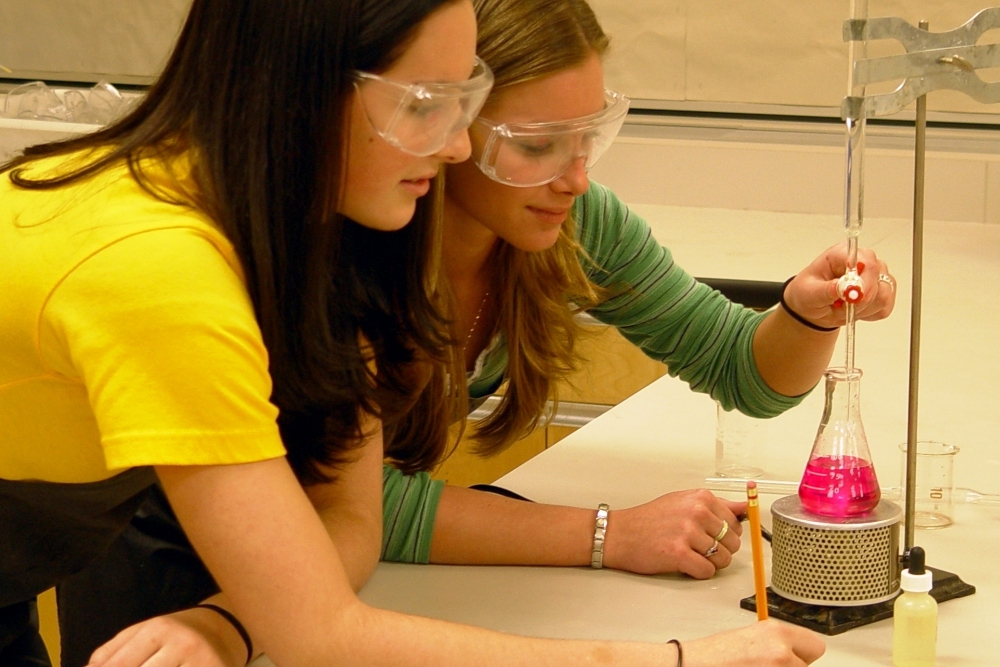The victory of Serbian President Aleksandar Vucic at the beginning of this month has many Serbs protesting an administration that some of them already view as “authoritarian.”
Vucic’s win has been mired by protest, but one group that may not be prominently represented is Serbia’s science community.
Past reports on Serbia’s science economy turn up clues of how the Vucic administration might handle scientific progress.
A 2013 piece in Scientific American details the plight of Serbian academic researchers.
Part of this report cites contemporary meetings with Vucic and other officials “in order to adopt and conduct necessary procedures for the survival of science in Serbia.”
“The official response of the Ministry was issued … and is more than disappointing to all the protesting scientists," writer Ivana Gadjanski characterizes the official response. "The Ministry replied only in very vague terms deemed by the scientists as lacking guarantees, timelines and organized planning.”
In addition to feeling ignored by government, scientists in Serbia have other challenges to overcome. One, as mentioned in a 2013 EuroScientist piece, is a somewhat generic funding processes, along with what some see as a lack of professional vetting for scientists and researchers.
There is also a lack of opportunity in the Balkan region for new young science professionals.
EuroScientist contends that in Croatia, for example, 40 percent of the scientific community is made up of researchers with specific academic rank that results in an uphill battle for newcomers.
“It's an interesting take on what happens throughout the world,” Harry Keller, president and founder of educational science firm Smart Science Education Inc., told Balkan Business Wire, commenting on the many challenges that Serbian scientists face.
Keller suggested that many younger science professionals will need to specialize and really bulk up their resumes to get the positions that they want in most national economies.
“It's like a new business, finding a niche,” Keller said.
Speaking on the American system, which also favors tenured professionals, Keller said professors at the top of their fields have two options for interacting with the younger generation.
“They can be mentors, or they can be competitors,” Keller said.
A decline in funding has led to more competition for grant money, he said. All of these issues make the scientific job sector a bit confusing to young Americans graduating with science degrees.
“It's complicated in a lot of ways,” Keller said.
He noted that one of the strengths of the American system is that new graduates and young professionals can interact with many different universities and colleges to get the type of job they're looking for.
In Serbia, he said, there aren't so many alternative paths.
“It’s got to be hard,” Keller said.
Along with the headwinds scientists face in Serbia in terms of funding and job opportunities, career professionals there also have to deal with quickly spiraling tensions, not only within the country, but in the Balkan region as a whole.
Reuters reported as recently as April 26 on thousands of people in Belgrade opposing the aims of the new government. Specific concerns include a multi-billion-dollar riverside construction project in Belgrade. Critics of the government allege that agents conducted mysterious nighttime demolition activity at the proposed site.












 Alerts Sign-up
Alerts Sign-up